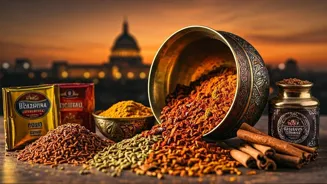Defining 'Sin Goods'
In India, 'sin goods' refer to products considered harmful or detrimental to health. These items often attract higher taxes. Understanding the definition
is key to comprehending the special GST slab and its implications on consumer products. This includes items like tobacco and pan masala.
Tobacco and Pan Masala
Tobacco and pan masala are classic examples of 'sin goods'. These products often face higher GST rates, reflecting the government's efforts to discourage their consumption. This special taxation aims to generate revenue while addressing public health concerns related to these products.
GST and Tendu Leaves
The discussion around tendu leaves and their GST treatment is also relevant. The GST on tendu leaves has been a topic of interest. Lower GST rates could affect the industry and related livelihoods. This highlights the complexities of taxation on specific products within the 'sin goods' category.
Why a Special Rate?
The 40% GST slab on specific goods is a deliberate measure. This special rate helps the government generate revenue and discourage the consumption of these items. It reflects broader public health and economic policies. This taxation strategy is designed to balance various considerations.
Impact on Goods
The high 40% GST slab impacts various goods in India. This significantly affects the prices of items like tobacco and pan masala. Understanding which goods fall under this category is important for consumers and businesses alike. This tax structure influences market dynamics and consumer behavior.













